Have you ever wondered if the air inside your home could make you sick? It's a valid question, especially when thinking about the hidden parts of your home, like air ducts.
Read Full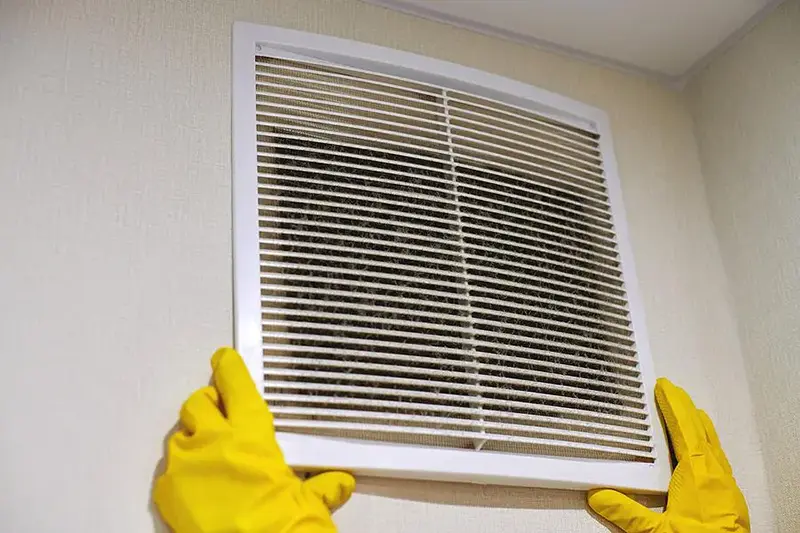

Water is a source of life and found everywhere around us – and within us. However, water is not all good. Water can also be a source of discomfort and even disaster. Humidity, specifically, is vital in moderation. Too much or too little humidity, meanwhile, can lead to a host of hazards. In this brief article brought to you by Zion Custom Air, we will go over humidity and how to set the ideal humidity level for maximum comfort. If you are looking for an HVAC company to deliver quality AC repair or a reliable air conditioning replacement, then feel free to call Zion Custom Air. Our live representatives and dedicated technicians are on standby to take your call today.
Humidity is the concentration of water vapor found in the air. It is generally measured in percentages, and we won’t dive into the specific calculations here. When humidity is high, the air feels muggy and uncomfortable. When the humidity is too low, you will feel dryness on your skin.
We touched on the results of high and low humidity, but let’s delve deeper into the risks of extreme humidity.
Low humidity means the air is too dry. This is more common in winter months when temperatures are lower; Cold winter air generally contains less water. This is why your hands and skin might dry and crack in the winter. Low humidity can also irritate your nasal passage and make your eyes feel itchy.
High humidity, meanwhile, means there is an oversupply of water vapor in the air. This excess water vapor can stick on surfaces, causing condensation on floors, walls, and even your skin. Humidity might explain why you feel sticky and gross in the summer. That condensation on surfaces can trigger the growth of mold, mildew, bacteria, dust mites, and more. High humidity can also cause wooden furniture and materials to rot.
So, what is the ideal humidity level? Unsurprisingly, the recommended level is in the middle, between 45 and 55 percent. Here are some ways to achieve that balance:
In short, you want to remove excess moisture if you notice condensation on surfaces or feel sticky. If your skin feels dry and irritated, then you need to invite moisture into the air.
Your HVAC system takes care of a lot of the humidity control. If your HVAC system is faulty, then call Zion Custom Air to schedule an appointment with an experienced technician today. We are even happy to arrange an emergency AC repair today.

Have you ever wondered if the air inside your home could make you sick? It's a valid question, especially when thinking about the hidden parts of your home, like air ducts.
Read Full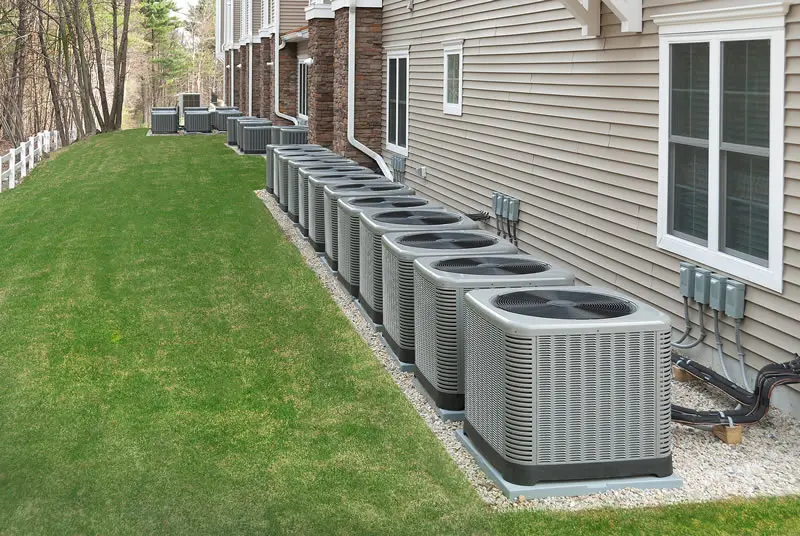
Finding ways to keep your home comfortable throughout the year can be difficult. Various solutions are available, but here, we will focus on two popular ones—heat pumps and
Read Full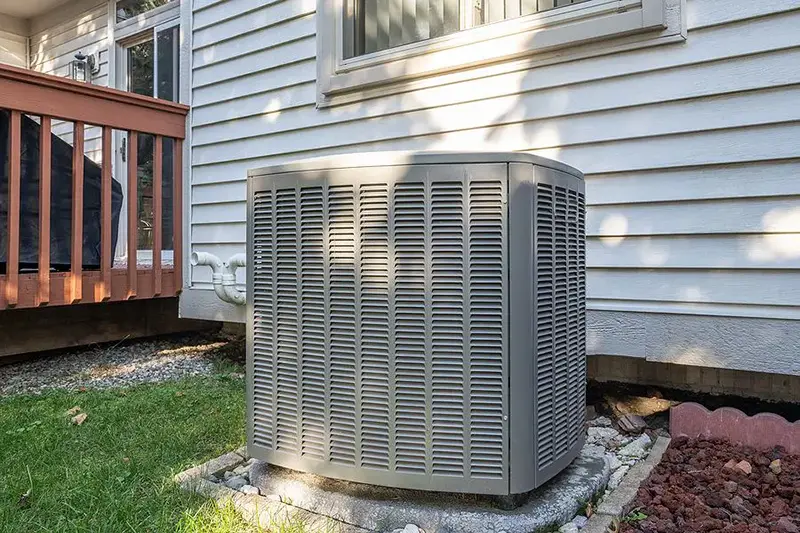
Finding an appropriate heating replacement and cooling system to keep your home comfortable can be challenging. Two popular choices are forced air systems and central air systems.
Read Full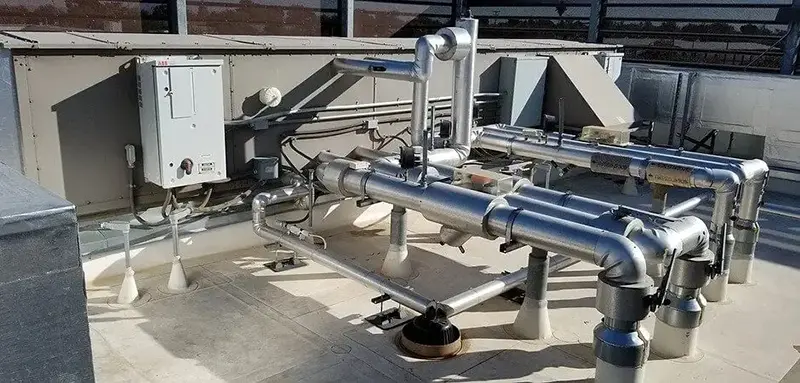
Finding the optimal heating design for your building is like selecting the ideal winter coat: It should fit comfortably, provide warmth without breaking the bank, and last through several
Read Full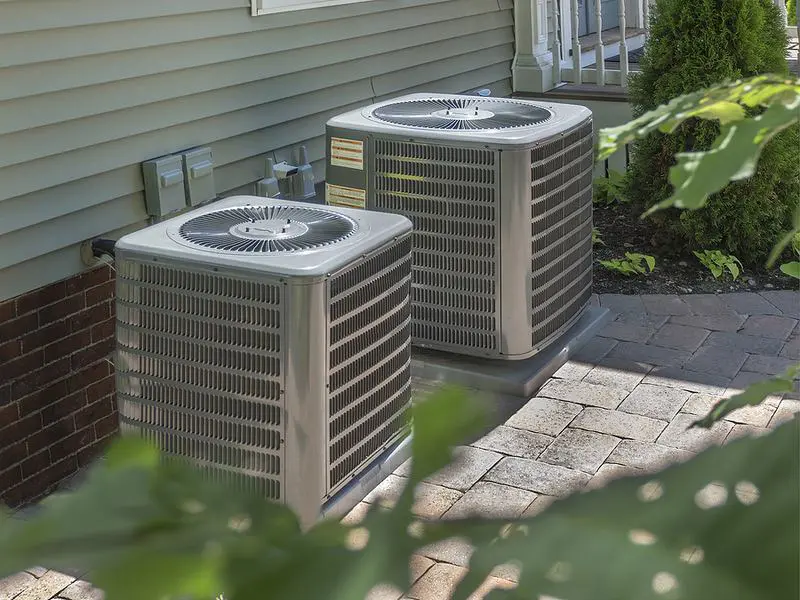
Heat pumps are like superheroes for our homes, keeping us cozy during winter and refreshing during summer. Unfortunately, even superheroes sometimes need help, so
Read Full18723 Via Princessa Ste 135, Santa Clarita 91321
661-361-3535Your local professional HVAC technicians. Schedule Heating & Cooling service today.
